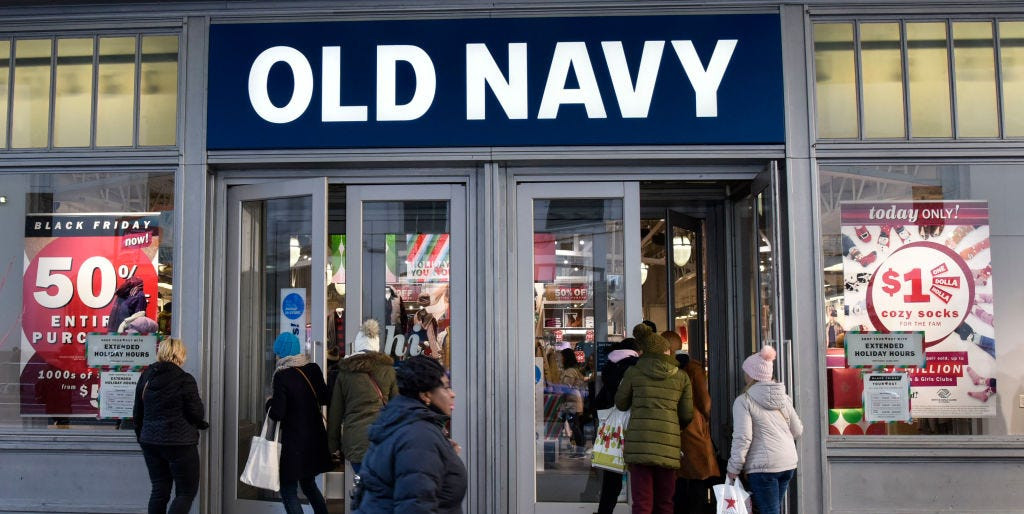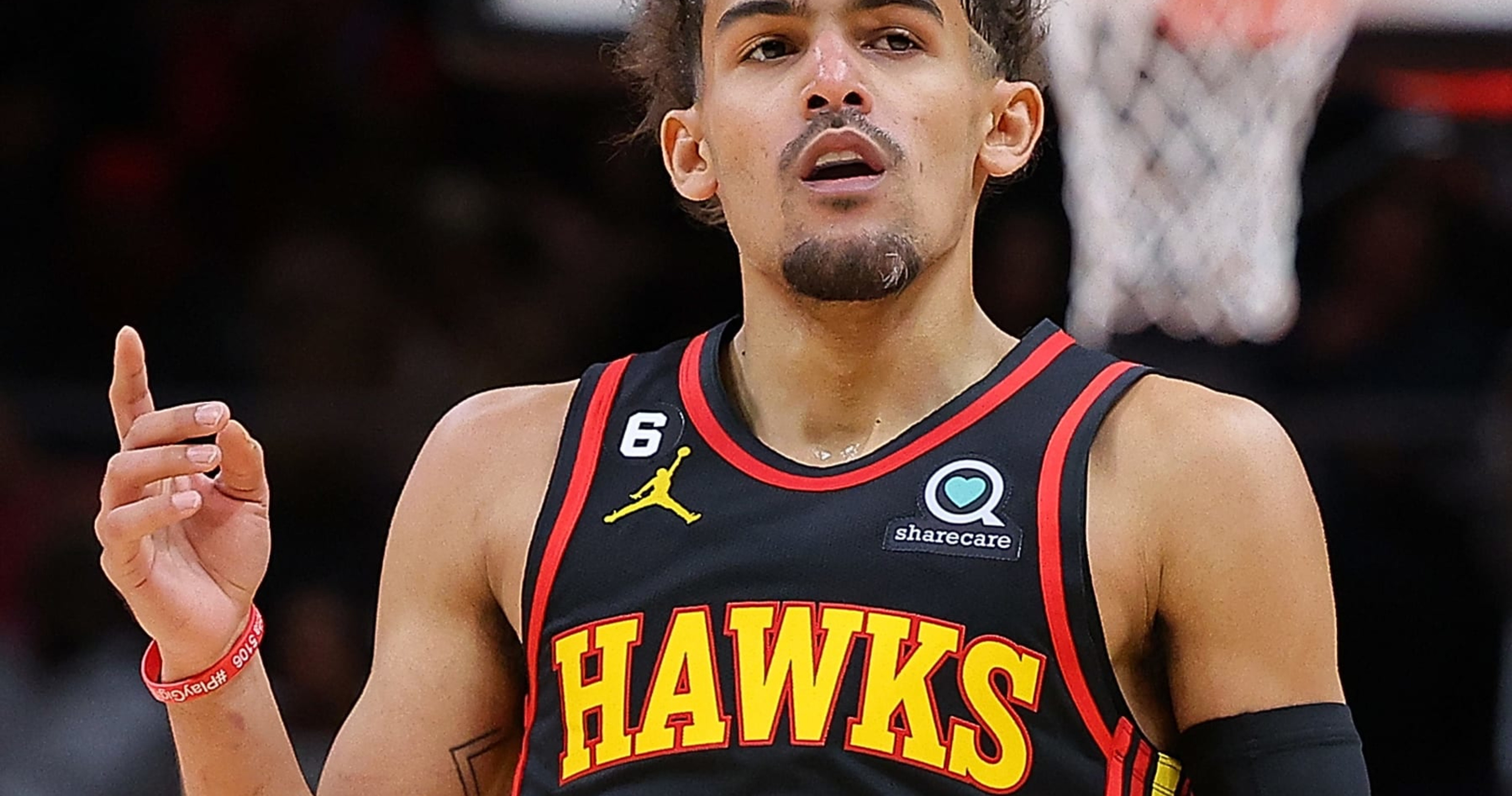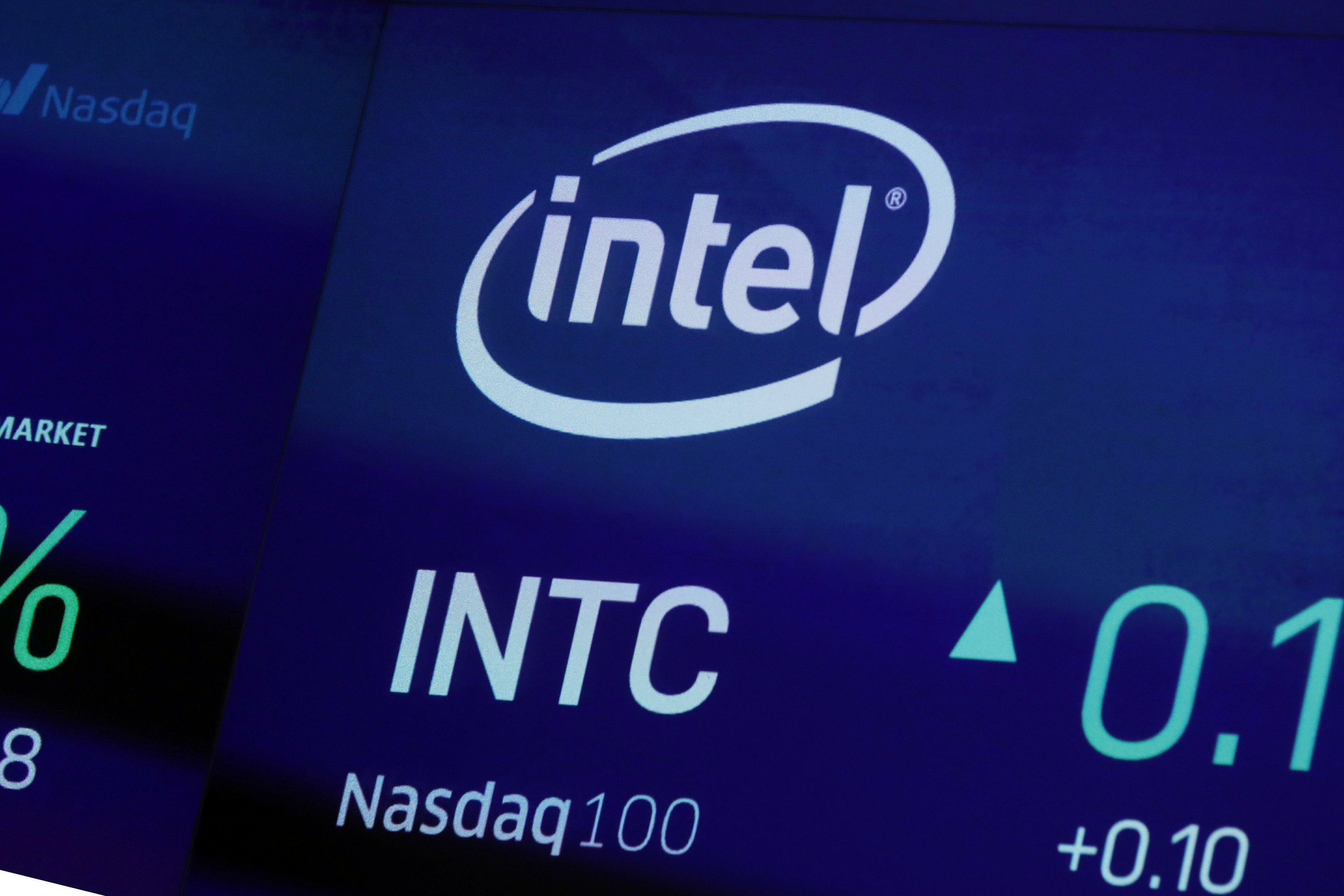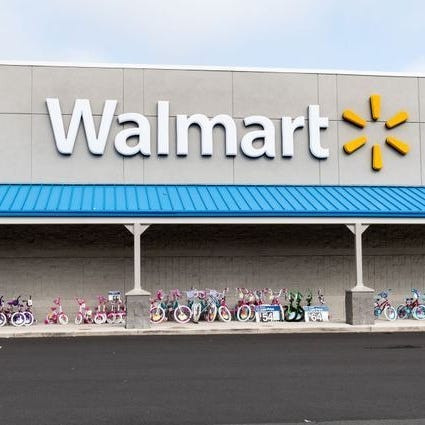Metrolinx CEO's Lucrative Vehicle Allowance Sparks Outrage
For five years, Phil Verster, the outgoing CEO of Metrolinx, received a $12,000 annual vehicle allowance, despite not owning a car. This revelation has ignited a firestorm of criticism, questioning the appropriateness of such a perk for the head of a public transit agency. The Ontario Sunshine List reveals that Verster consistently received a taxable benefit ranging from $12,575 to $13,392 annually, in addition to his hefty salary of $838,097 in 2023. This adds fuel to the ongoing debate about executive compensation in the public sector.
The Details of the Allowance
A 2020 Order in Council, signed by Premier Doug Ford's cabinet, authorized Verster's compensation package, including the controversial “vehicle allowance” and additional expense reimbursements. However, multiple sources confirmed that Verster does not own or lease a vehicle. He prefers walking, running, or using public transit—ironically, the very system Metrolinx oversees—to commute to his office near Union Station, where he enjoys free GO Transit access as an employee.
The Allowance's History
The vehicle allowance was initially included in Verster's compensation package in 2017, when the previous Liberal government appointed him. The initial order stipulated an allowance of “$1,000 per month.” Subsequently, the Ford government extended Verster's contract, almost doubling his salary while retaining the allowance. By 2023, the allowance increased to approximately $1,100 monthly, totaling $13,392 annually.
Political Fallout and Calls for Accountability
Sources suggest attempts within the government to eliminate the car allowance proved unsuccessful. Furthermore, it's reported that Verster expressed willingness to relinquish the allowance, yet the issue persisted. Global News contacted both Metrolinx and the Ford government for comment but received no response. Verster's departure from Metrolinx was announced on Monday, effective December 16th. Michael Lindsay, the president and CEO of Infrastructure Ontario, will assume the role.
Criticism and Defense
Verster's tenure has been marked by both achievements and controversies. Metrolinx has faced challenges in delivering several transit projects, including the Eglinton Crosstown and Finch West LRT lines. Critics, including NDP MPP Joel Harden, have held Verster accountable for these delays, calling for his dismissal. Harden stated, “Phil Verster was chased out of Scotland for being lavished with perks while failing on transit projects. He is repeating the same pattern now in Ontario and Premier Ford has to act.” Conversely, Premier Ford has defended Verster, highlighting his contributions to the government's transportation infrastructure plans, notably the $27.2 billion Ontario Line project. Ford stated, “I’m a fan of Phil. This is no easy task that we put on his back.”
The Unanswered Questions and the Future of Metrolinx
The controversy surrounding Verster's vehicle allowance raises significant questions regarding transparency and accountability within public sector leadership. The fact that a high-ranking executive of a transit agency received a car allowance while opting for alternative transportation methods is a stark image that highlights the disconnect between leadership and the public trust. The incident underscores the need for greater scrutiny of executive compensation packages and a reassessment of the priorities of public agencies. The ongoing challenges Metrolinx faces in delivering key transit projects further complicate the matter, emphasizing the urgency for improved governance and project management within the agency. The new CEO will inherit a legacy of both progress and controversy, and their ability to navigate these challenges will greatly influence public perception and the future of Metrolinx. The question remains whether this incident will lead to significant reforms or if it'll be another chapter in a long-standing debate about public sector spending. Ultimately, the public deserves clear answers and decisive action to ensure responsible use of taxpayer funds.
The End of the Line (for Now)?
The controversy surrounding Phil Verster’s vehicle allowance is far from over. While he’s stepped down, the questions it raised about executive compensation, transparency and accountability in public transit agencies remain. The fallout from this incident could lead to significant changes in how public funds are managed and how senior executives are compensated, setting a precedent for future leadership within Metrolinx and other similar organizations. This case should serve as a cautionary tale highlighting the importance of aligning executive perks with the agency's mission and the needs of the public it serves. The people deserve efficient, effective public transit, not lavish spending on unnecessary perks.

















